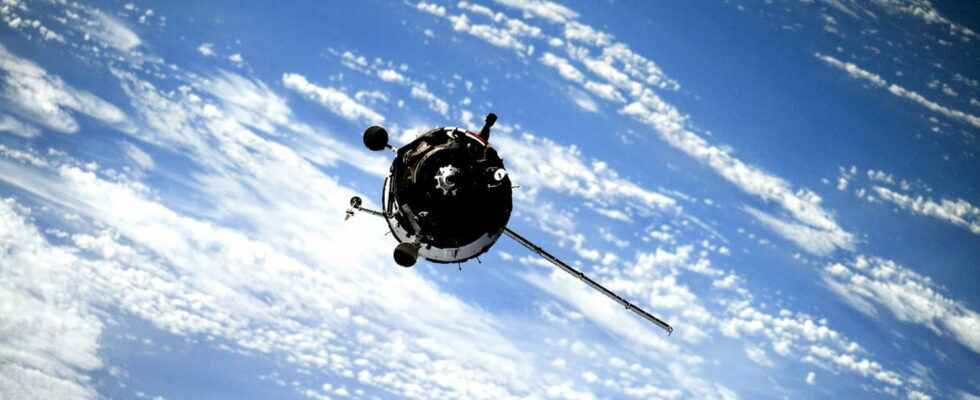As Android 13 is just starting to roll out, Google is announcing that Android 14 will support satellite-based calling and messaging. An innovation that will help to fight against white areas.
While Google is just starting to roll out Android 13, the big new version of its mobile operating system, Android 14 is already making waves. Still, it’s not expected to arrive until the summer of 2023, as Google’s FAQ section indicates: “Android 13 QPR beta updates continue through March 2023, followed by Android 14 betas”. However, we already know that this new version will support satellite communication, just that! Hiroshi Lockheimer, Senior Vice President of Google and one of the main people responsible for Android, Chrome, Chrome OS, Play and Photos, announced the news on Twitter: “It’s crazy to think about user experiences for phones that can connect to satellites. When we launched the G1 in 2008, it was hard to get 3G and Wifi to work. Now we’re designing for satellites. Cool! We can’t wait to help our partners bring all of this into the next version of Android!”
The advantage of satellite communications is to allow calls to be made and texts to be sent regardless of location and circumstances, including in white areas that are not covered by the wireless network – such as a park. or a very large body of water – and therefore receive no signal, or in areas where the weather and geography impose technical challenges and high costs for installing relay antennas. Likewise, they can be life-saving in emergency situations, in the event of a natural disaster, for example, when terrestrial communication networks are out of order.
Wild to think about user experiences for phones that can connect to satellites. When we launched G1 in ’08 it was a stretch to get 3G + Wifi working. Now we’re designing for satellites. Cool! Excited to support our partners in enabling all of this in the next version of Android!
— Hiroshi Lockheimer (@lockheimer) September 1, 2022
Android 14: satellite connection support
This idea is far from new. Indeed, Google had already tried to deliver an Internet connection in white areas or victims of natural disasters using balloons during Project Loon, before realizing that it was far too economically uncertain. Similarly, the firm invested in SpaceX in 2015 to support its Starlink satellite efforts. Elon Musk’s firm could therefore well be one of its first partners during the deployment of Android 14. This announcement follows that, a few days ago, of the partnership between SpaceX and T-Mobile – a large operator in the United States. -United. The two giants will work together and use Starlink satellites to provide network connection in remote areas of the United States through Starlink satellites. The agreement between SpaceX and T-Mobile is all the more important as this type of connection depends on the operators, who may or may not agree to integrate this type of network.
Apple is not left out since, according to rumors, the apple firm is working on the integration of satellite calls in its iPhones, in particular on the iPhone 14, which should be officially presented on September 7. Analyst Ming Chi Kuo thus revealed on his blog that the tests had been technically completed. It remains to be seen whether the company has managed to reach an agreement with telephone operators on the economic model to adopt.
